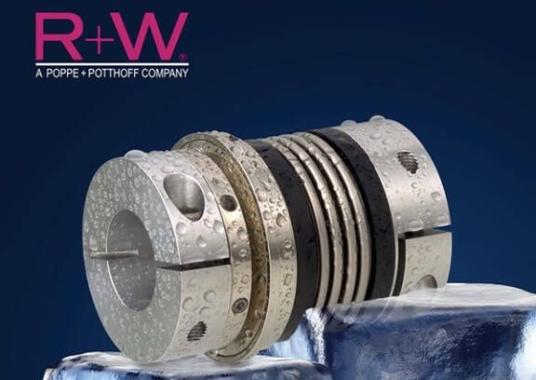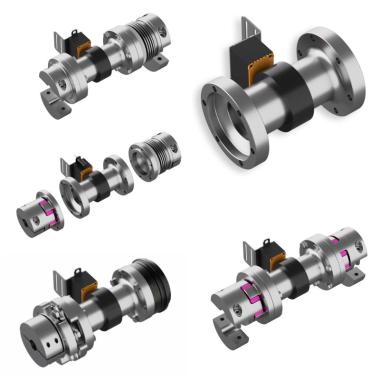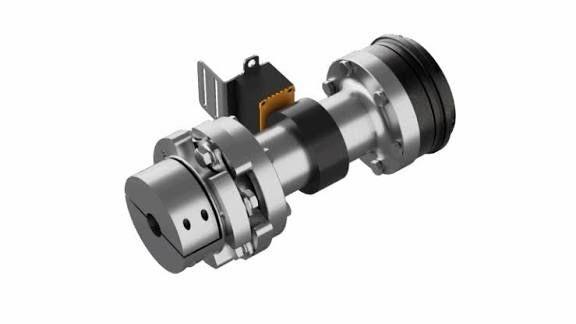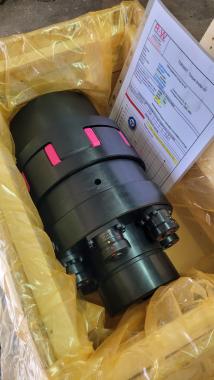Macron II: what industrial policy for the next five years?

After his re-election on April 24, Emmanuel Macron must wait for the result of the second round of legislative elections, on June 19, to be sure of having the majority that will allow him to implement his program. While the hypothesis seems highly probable, zoom in on the measures announced by the President-Candidate and on what could therefore be the main orientations of industrial policy in the coming years.
Minister of Economy, Finance and Industrial and Digital Sovereignty. The new title of the new ministerial portfolio of Bruno Le Maire has the ambition to concretize a priority put forward by Emmanuel Macron during his campaign: the reindustrialization of the country. This choice is part of a context, that of a pandemic with chain repercussions, which have had a lasting impact on industrial players and public authorities alike. The supply blockages linked to the crisis have highlighted the consequences of the continued decline in the share of industry in GDP in France – 12.4% including 10% for manufacturing industry , against more than 20% in Germany. Even though the war in Ukraine seems set to be long-lasting and China is increasing confinements following the resurgence of Covid, reindustrialisation, also called "made in France", is more than ever essential as a priority in the eyes of the public.
Reindustrialisation, reduction of production taxes and planning
But how to achieve this goal? Emmanuel Macron's program declined this ambition in three areas. The first lever consists in reducing the production taxes weighing on industry and agriculture, in particular by abolishing for all companies the contribution on the added value of companies (CVAE). Representing some 7 billion euros per year, this would be added to the 10 billion euros of production taxes already abolished. Another axis: revise the State's purchasing policy, with priority given to local purchasing - " rather than always buying cheaper – to develop innovation and French sectors. The last lever concerns continued support for major projects for the future: mini space launchers, biomedicines, third and fourth generation nuclear reactors, etc. With the key, the relocation of the production of drugs in France and the development of 20 biomedicines and biotechnologies (in particular against cancers) and new technologies such as exoskeletons.
For the implementation of these elements, one of the key concepts of the electoral campaign, that of planning, could prove decisive, on the environmental as well as the industrial level. During the presentation of his program, Emmanuel Macron declared in March in Aubervilliers: " I assume to have a desire for planning, whether it is about energy production, like the deployment of new industrial sectors, and then to decline these objectives by territory, leaving the freedom of adaptation. In this context, the State will have to take over several aspects of the energy sector [...], we will have to take back the capitalistic control of several industrial sectors ”.
France 2030
In order to identify the industrial policy of the coming years, it is also necessary to turn to a series of announcements made in October 2021. Not yet officially a candidate, Emmanuel Macron then presented the France 2030 investment plan . Objective: to reindustrialize France to enable it to “ become a nation of innovation again ”.
Referring to 20 years behind our European neighbours, the President announced an investment plan of 30 billion euros over five years, intended to increase industrial competitiveness and future technologies. He called for a massive investment in the French innovation and industrialization strategy. Among the priorities: nuclear power. An investment of one billion euros is intended for the development of breakthrough technologies, and particularly “small nuclear reactors”. The decarbonization of the industry also involves the construction of two gigafactories or electrolyzers, in order to occupy a position of “leader in green hydrogen”. Other announcements: the production in France by 2030 of nearly 2 million electric and hybrid vehicles, as well as an investment of nearly 6 billion euros to "double" French electronics production by 2030 and “secure” its supply of chips.
A necessarily European approach
Such ambitions could not remain confined to a Franco-French framework: it is at European level that Emmanuel Macron has the ambition to carry out part of his food and energy sovereignty strategy, particularly in terms of regulating the price of electricity. energy and agricultural production, as well as environmental policy. As explained in the report of 19 January 2022 that the Parliament devoted to reindustrialisation : " the new approach to industrial policy by the European Union, favored by the economic repercussions of the health crisis, can promote the reindustrialisation of France and the Construction of European Economic Sovereignty ”. An unavoidable reality, which the Europhile President, who holds the Presidency of the Council of the European Union until the end of June, will try to defend with his European partners.
Our other news
See allJoin the largest community of industrial suppliers
- Helping you with your ongoing technology watch
- Provide you with detailed supplier statistics
- Give you international visibility
Discover the largest catalogue of industrial products on the market
- To offer you the best catalogue of industrial products on the market
- To guarantee you a 100% secure platform
- Enable you to have live remote exchanges
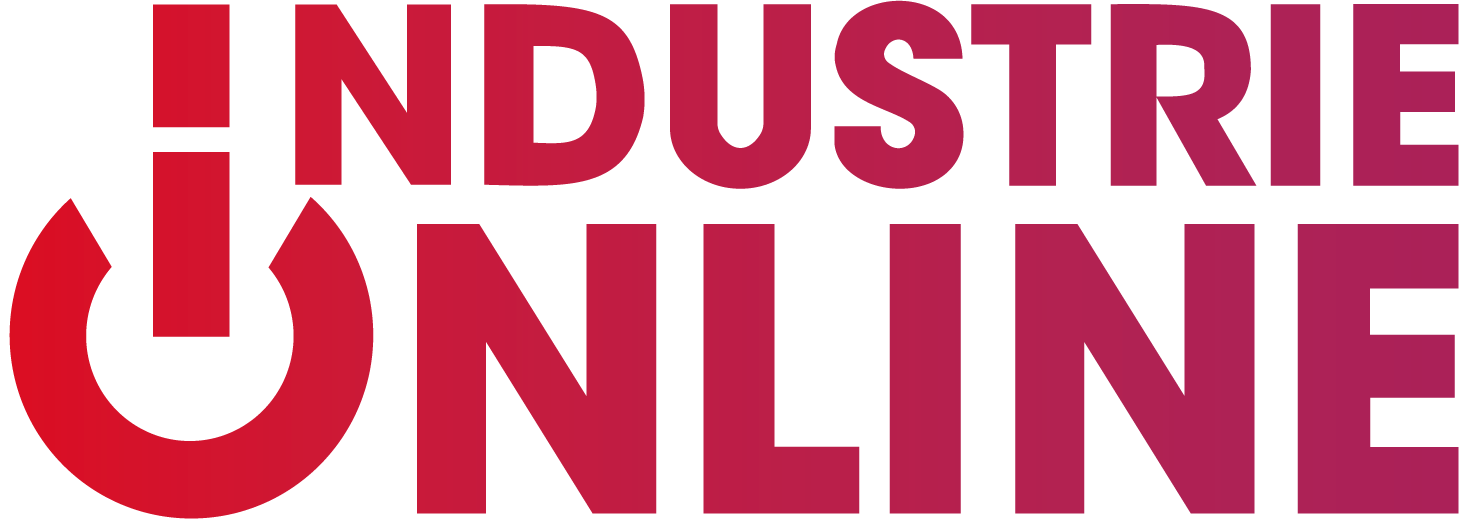

 Français
Français 